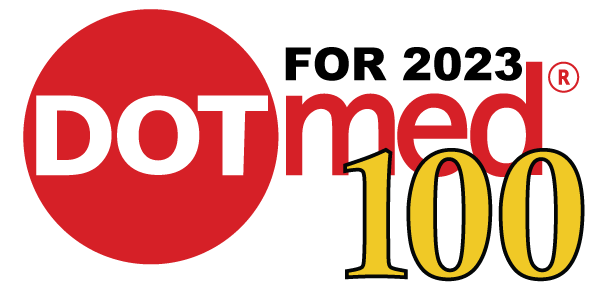Medical Equipment Repair Rosemont

Medical Equipment Repair Rosemont – Terrain Biomedical – 773-697-8400
Magnetic resonance imaging (MRI) is a form of testing that utilizes radio waves, magnets and a computer to take pictures inside the patient’s body. Doctor rely on these tests to diagnose their patients or to observe how they respond to treatment. Unlike X-rays or CT scans, MRIs do not use ionizing radiation.
MRIs help doctors diagnose an illness or injury. Additionally, doctors can perform MRIs on different areas of the body. It should be noted that MRIs are particularly useful for examining soft tissues as well as the nervous system.
For example, MRI imaging of the brain or spinal cord checks for:
- -Multiple sclerosis.
- -Injuries to the spinal cord.
- -Stroke.
- -Damage to blood vessels.
- -Brain injury.
- -Cancer.
MRIs of the heart and blood vessel checks for:
- -Blood vessel blockage.
- -Damage resulting from cardiac arrest.
- -Heart diseases.
- -Problems with heart structure.
MRIs of the joints and bones check for:
- -Bone infection.
- -Cancer.
- -Joint damage.
- -Spinal disc problems.
- -Neck or lower back pain.
In addition, healthcare providers perform MRIs to check the condition of organs including:
- -Breasts.
- -Liver.
- -Ovaries.
- -Kidneys
- -Pancreas.
- -Prostate.
Medical Equipment Repair Rosemont – Terrain Biomedical – 773-697-8400
A conventional MRI unit consists of a large tube that’s surrounded by a circle-shaped magnet. The patient lies on a table that moves into the center of the unit. Some versions of MRI units are configured such that the magnet doesn’t fully surround the patient. Still others feature a wider diameter bore. This can provide more comfort for bigger patients. “Open” MRIs are, as the name indicates, are open on its sides. Similarly, they too are helpful for examining large patients or those who may feel claustrophobic.
How MRIs Work
In contrast to CT exams or X-rays, MRIs do not apply radiation. Rather, radio waves act to realign hydrogen atoms which exist naturally in the patient’s body. Consequently, this doesn’t cause chemical change to the tissues. As the atoms revert to their normal alignment, they emit varying amounts of energy. The unit’s scanner captures the energy and develops an image with the information.
In most MRI machines, they produce a magnetic field by passing an electrical current through coils. These coils receive and send radio waves, emitting signals that the machine detects. The electrical current doesn’t contact the patient.
Medical Equipment Repair Rosemont – Terrain Biomedical – 773-697-8400
Besides our selection of MRIs, we carry a large inventory of quality reconditioned medical equipment. Contact us today to place your order.

